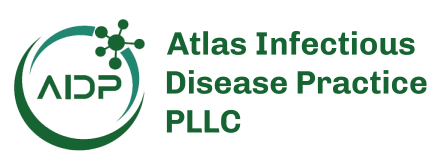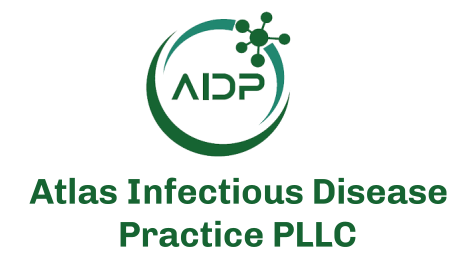Malaria drug AQ-13 shows promise in test against established treatment
An experimental malaria drug called AQ-13 compared well with an established combination treatment in a non-inferiority trial in Malian men with non-severe malaria, according to a report yesterday in The Lancet Infectious Diseases.
AQ-13 is one of a class of compounds called 4-aminoquinolines with modified side chains, which are active against resistant malaria parasites, the report says. Chloroquine was used to treat Plasmodia falciparum malaria until resistant strains emerged more than 50 years ago.
In the randomized trial, 66 men in two areas of Mali who had uncomplicated malaria were randomly assigned to receive either artemether plus lumefantrine or AQ-13 for 3 days and then were monitored for clearance of the infection and adverse events for several weeks.
All participants had clearance of asexual parasites by the end of the first week, and there were no serious adverse events in either group. A total of 453 less-severe adverse events were reported, with 214 in the combination treatment group and 239 in the AQ-13 group. Two members of the combination treatment group had recurrence of their infections.
In the per-protocol analysis, the cure rates were similar for the two groups: 28 of 28 (100%) for AQ-13 and 31 of 33 (93.9%) for artemether plus lumefantrine. AQ-13 therefore met the preset non-inferiority criterion.
In the intention-to-treat analysis, the cure proportions were 28 of 33 (84.8%) for AQ-13 and 31 of 33 (93.9%) for the combination treatment. By this measure, AQ-13 failed to show non-inferiority, but the authors attributed this to the fact that two AQ-13 recipients dropped out and three others were lost to follow-up. They noted that there were no treatment failures with AQ-13.
The authors said their results indicate that the safety and efficacy of AQ-13 for uncomplicated malaria are similar to those of artemether plus lumefantrine in Malian men. “However,” they added, “because semi-immune participants, such as those included in our study, might clear parasites resistant to the drugs being tested, additional studies in non-immune individuals, such as children, are needed before deciding whether to recommend the widespread use of aminoquinolines such as AQ-13.”
In a Tulane University press release, senior author Donald Krogstad, MD, called the trial “extraordinarily encouraging,” adding, “Compared to the current first-line recommendation for treatment of malaria, the new drug comes out very well.” He is a professor of tropical medicine at Tulane’s School of Public Health and Tropical Medicine.
Sep 12 Lancet Infect Dis report
Sep 12 Tulane press release
Related Sep 12 Lancet Infect Dis commentary
Annual report: Global Fund efforts saved 22 million lives in 15 years
Programs supported by the Global Fund to Fight AIDS, Tuberculosis and Malaria have saved 22 million lives since 2002, according to a Global Fund annual report released today.
In addition to the estimated 22 million lives saved, the report estimates that that Global Fund efforts have led to a decline by a third in the number of people dying from HIV, tuberculosis (TB), and malaria in countries where the Global Fund invests; 11 million people on antiretroviral therapy for HIV (more than half the global total); 17.4 million people received TB treatment; and 795 million mosquito nets distributed through malaria programs.
As a result of prevention and control interventions in more than 100 countries, the Global Fund’s target of averting 140 million to180 million infections by the end of 2016 was met in 2015. Malaria saw a 50% drop in global deaths from 2000 to 2015, and the number of malaria cases treated through Global Fund–supported programs rose 15% in 2016 alone, to reach a cumulative total of 668 million by the end of last year.
Through 2016, the Global Fund spent $32.6 billion to support programs for HIV, TB and malaria. In addition, countries have committed an additional $6 billion to their health programs for 2015 through 2017 compared with 2012 through 2014, a 41% increase, the report said.
“Investing in global health is a highly cost effective way to achieve greater security and stability, to protect communities worldwide from infectious disease and to halt emerging health threats,” said Marijke Wijnroks, Interim Executive Director of the Global Fund. “This report highlights outstanding achievements, and also how much more there is to do.”
Sep 13 Global Fund news release
Sep 13 full report
Sep 13 summary of findings






